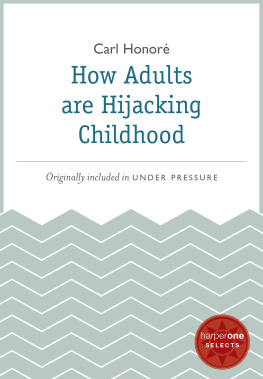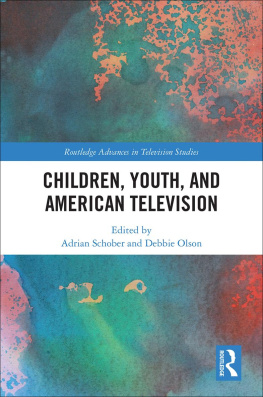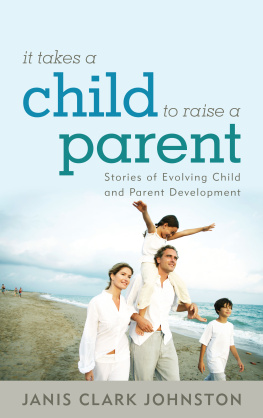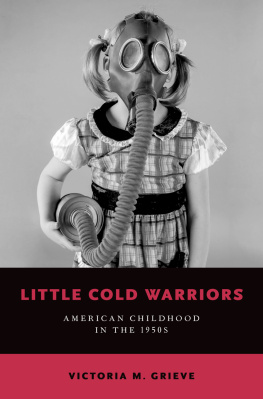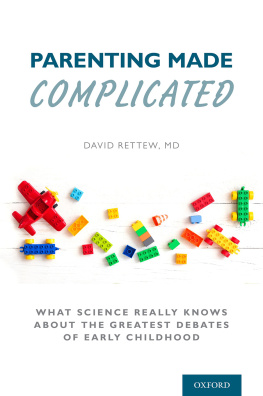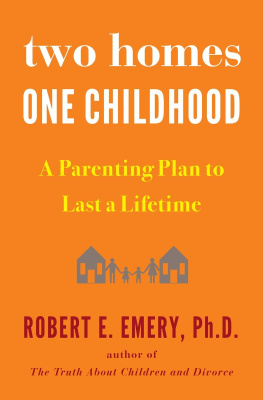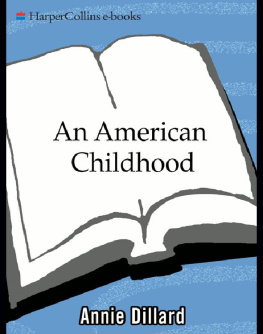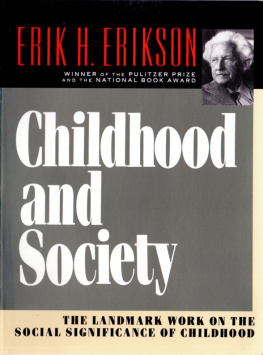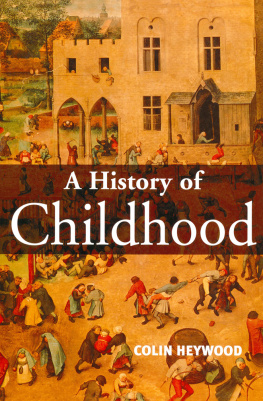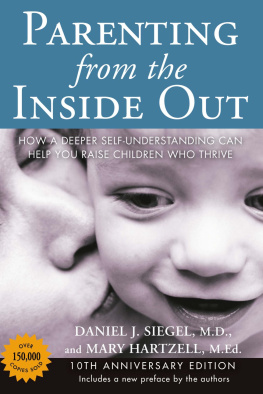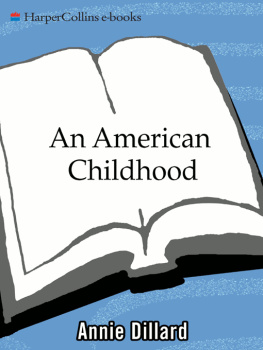Paula S. Fass - The End of American Childhood: A History of Parenting from Life on the Frontier to the Managed Child
Here you can read online Paula S. Fass - The End of American Childhood: A History of Parenting from Life on the Frontier to the Managed Child full text of the book (entire story) in english for free. Download pdf and epub, get meaning, cover and reviews about this ebook. year: 2017, publisher: Princeton University Press, genre: Home and family. Description of the work, (preface) as well as reviews are available. Best literature library LitArk.com created for fans of good reading and offers a wide selection of genres:
Romance novel
Science fiction
Adventure
Detective
Science
History
Home and family
Prose
Art
Politics
Computer
Non-fiction
Religion
Business
Children
Humor
Choose a favorite category and find really read worthwhile books. Enjoy immersion in the world of imagination, feel the emotions of the characters or learn something new for yourself, make an fascinating discovery.

- Book:The End of American Childhood: A History of Parenting from Life on the Frontier to the Managed Child
- Author:
- Publisher:Princeton University Press
- Genre:
- Year:2017
- Rating:4 / 5
- Favourites:Add to favourites
- Your mark:
The End of American Childhood: A History of Parenting from Life on the Frontier to the Managed Child: summary, description and annotation
We offer to read an annotation, description, summary or preface (depends on what the author of the book "The End of American Childhood: A History of Parenting from Life on the Frontier to the Managed Child" wrote himself). If you haven't found the necessary information about the book — write in the comments, we will try to find it.
How American childhood and parenting have changed from the nations founding to the present
The End of American Childhood takes a sweeping look at the history of American childhood and parenting, from the nations founding to the present day. Renowned historian Paula Fass shows how, since the beginning of the American republic, independence, self-definition, and individual success have informed Americans attitudes toward children. But as parents today hover over every detail of their childrens lives, are the qualities that once made American childhood special still desired or possible? Placing the experiences of children and parents against the backdrop of social, political, and cultural shifts, Fass challenges Americans to reconnect with the beliefs that set the American understanding of childhood apart from the rest of the world.
Fass examines how freer relationships between American children and parents transformed the national culture, altered generational relationships among immigrants, helped create a new science of child development, and promoted a revolution in modern schooling. She looks at the childhoods of icons including Margaret Mead and Ulysses S. Grantwho, as an eleven-year-old, was in charge of his fathers fields and explored his rural Ohio countryside. Fass also features less well-known children like ten-year-old Rose Cohen, who worked in the drudgery of nineteenth-century factories. Bringing readers into the present, Fass argues that current American conditions and policies have made adolescence socially irrelevant and altered childrens road to maturity, while parental oversight threatens childrens competence and initiative.
Showing how American parenting has been firmly linked to historical changes, The End of American Childhood considers what implications this might hold for the nations future.
Paula S. Fass: author's other books
Who wrote The End of American Childhood: A History of Parenting from Life on the Frontier to the Managed Child? Find out the surname, the name of the author of the book and a list of all author's works by series.

